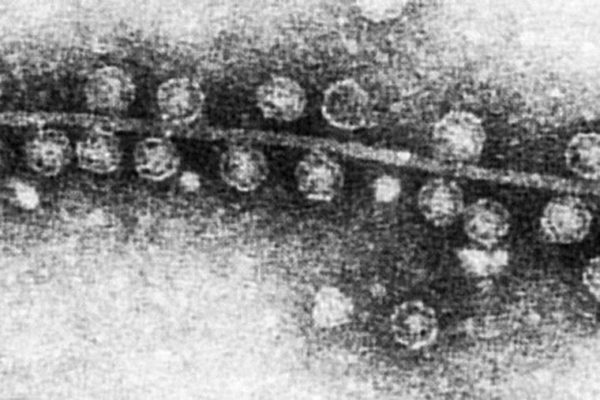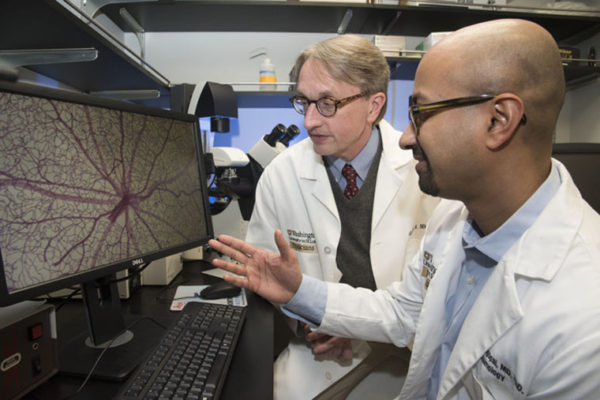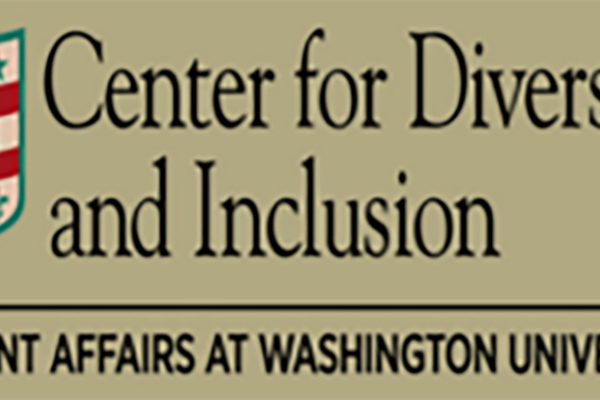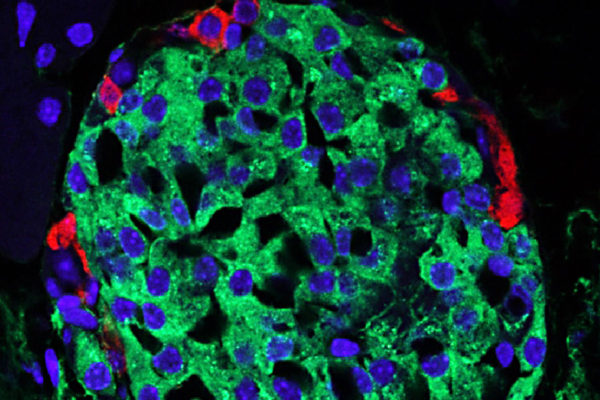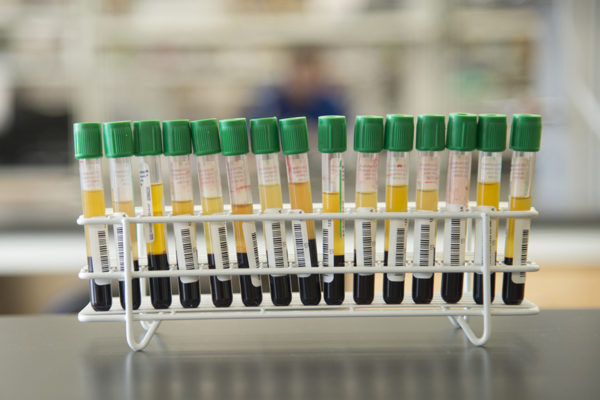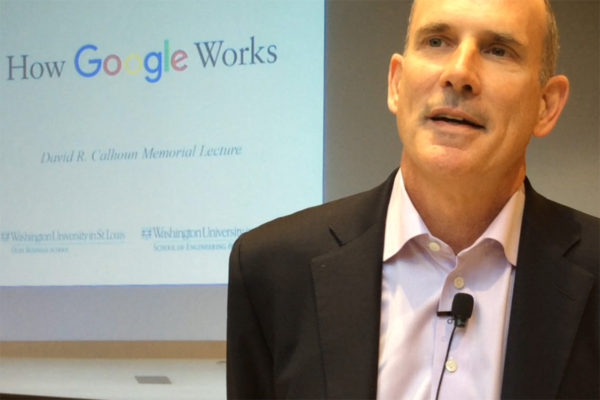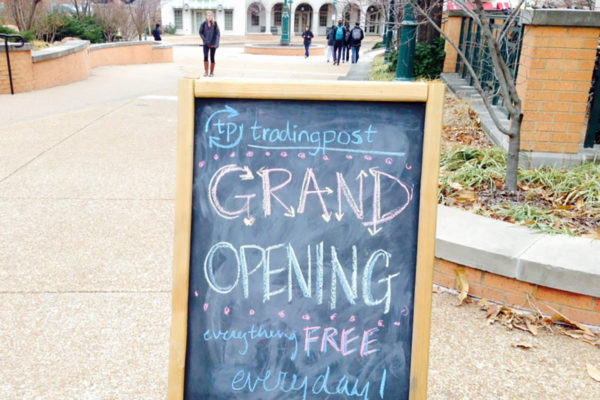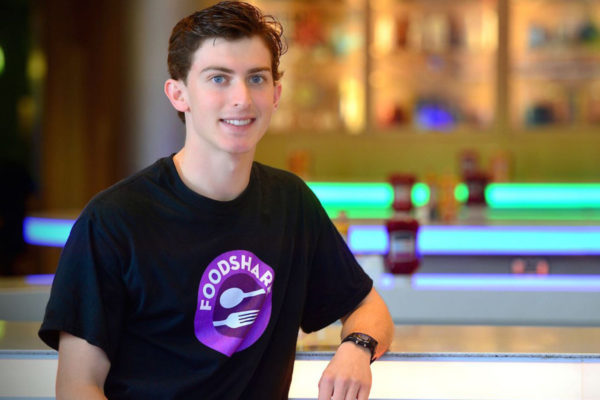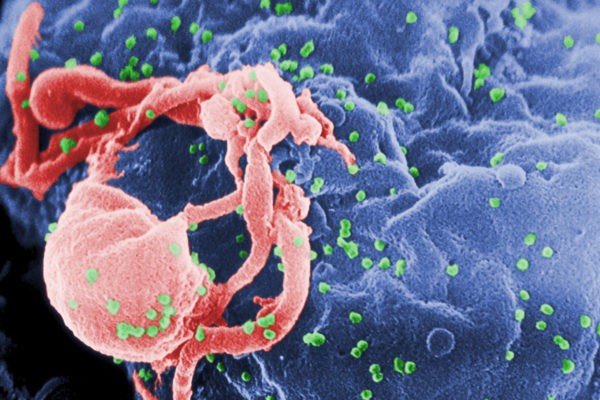Study finds vast diversity among viruses that infect bacteria
A study from the School of Medicine suggests that bacteriophages made of RNA – a close chemical cousin of DNA – likely play a much larger role in shaping the bacterial makeup of worldwide habitats than previously recognized.
Nerve injury appears to be root of diabetes-related vision loss
New research from the School of Medicine indicates that much of that diabetes-related vision loss may result from nerve cell injury that occurs long before any blood vessels are damaged. The finding may lead to new approaches to treating it.
Inaugural Faculty Fellows & Emerging Scholar-Professional program set for 2016-17
The Center for Diversity and Inclusion is accepting proposals for the inaugural Faculty Fellows & Emerging Scholar-Professional Program for the 2016-17 academic year.
School of Medicine launching Institute for Informatics
From analyzing vast DNA sequences to handling electronic medical records, the importance of big data in medicine has increased dramatically in recent years. To support the growing need to manage and harness big data, the School of Medicine is launching an Institute for Informatics and has named Philip R.O. Payne its first director.
Rare form of diabetes may require alternate treatment
Patients with a rare, genetic form of diabetes often are misdiagnosed as having type 2 diabetes because the two share symptoms. But new research at the School of Medicine suggests that treating such patients with therapies designed for type 2 diabetes is potentially harmful and guidelines need to change.
Higher blood levels of omega-3 may help depression in heart patients
New research at the School of Medicine indicates that initial levels of omega-3 fatty acids in a heart patient’s blood have a significant impact on whether that person will respond to omega-3 supplements to treat depression.
How Google works
Former Google VP Jonathan Rosenberg tells Washington University community what he learned during a 13-year stint at the giant tech company.
How a student runs a business: One StEP at a time
StEP, Washington University in St. Louis’ Student Entrepreneurial Program, gives undergraduates the ultimate entrepreneurship experience: creating and running their own businesses.
Riding the wave of success: SXSW & beyond
FoodShare, the brainchild of Washington University juniors Andrew Glantz and Jacob Mohrmann, and Dartmouth junior Aidan Folbe, is riding a wave of success — from recent wins at the Global Student Entrepreneurship Awards to the Startup Madness finals at SXSW March 14.
Bacteria, viruses in gut linked to severity of HIV infection
In two studies led by researchers at the School of Medicine, scientists have identified intestinal bacteria and viruses as possible sources of inflammation and disease related to HIV-related infections.
View More Stories
